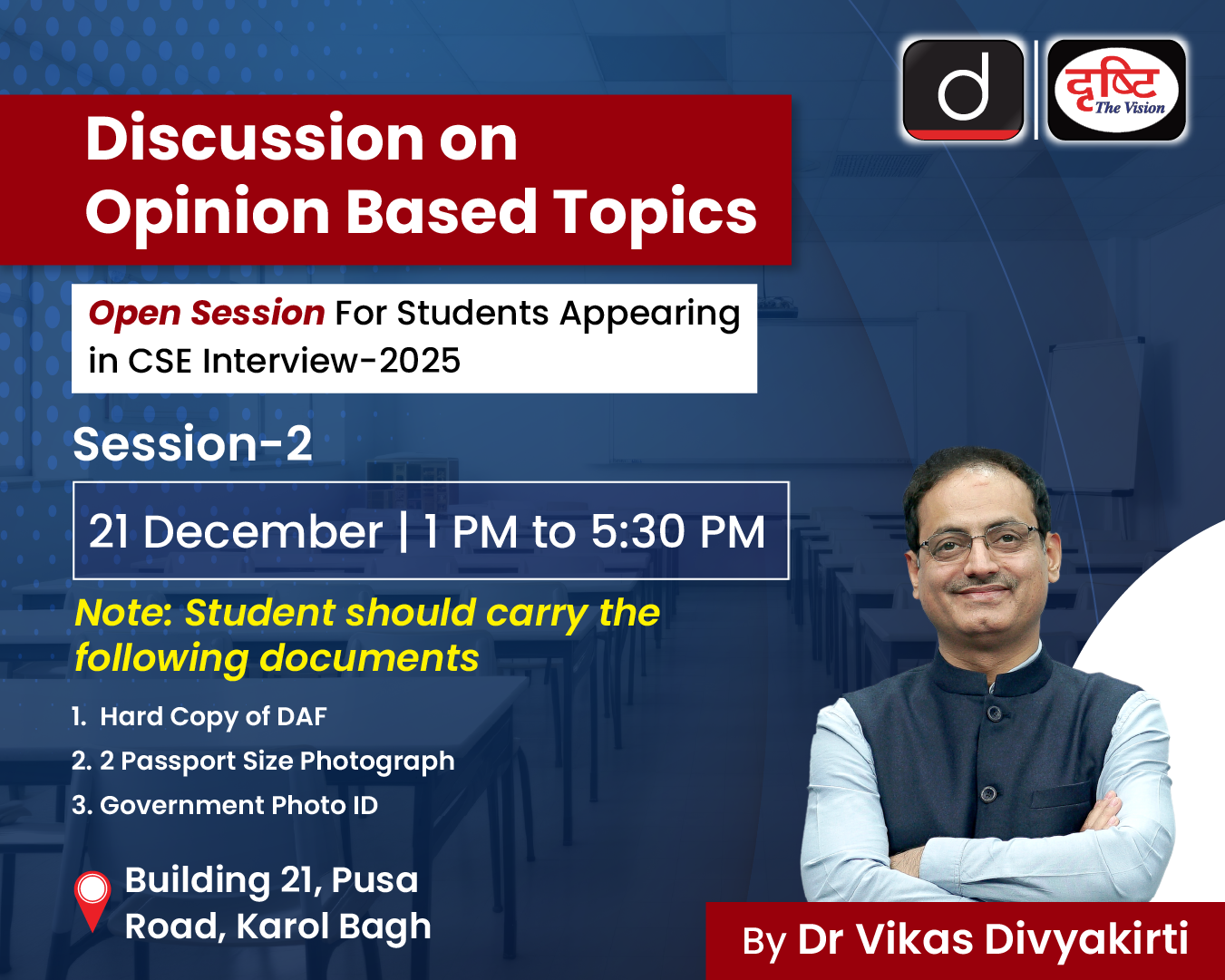-
22 Jul 2022
GS Paper 2
International Relations
Day 12: The permanent membership of the UN Security Council (UNSC) is sought after by the major countries of the world. Discuss the major hurdles in the way of a permanent seat for India in the UNSC. (250 words)
- Start your answer by giving an overview of UNSC and why it is sought after by major countries
- Discuss the case for India’s case for permanent membership of UNSC
- Discuss the roadblocks in India’s Bid for Permanent Membership:
- Conclude suitably
Answer:
The Security Council was established by the UN Charter in 1945. It is one of the six principal organs of the United Nations.
Its primary responsibility is to work to maintain international peace and security.
The council has 15 members: the five permanent members and ten non-permanent members elected for two-year terms.
The five permanent members are the United States, the Russian Federation, France, China and the United Kingdom.
The permanent membership of the UNSC is sought after by the major countries of the world like India, Japan, Germany, Brazil etc.
It is being demanded by the major countries of the world due to the provision of Veto Power available to the permanent members.
The five permanent members of the United Nations Security Council have the right to veto or say no to any substantive resolution.
It's also worth noting that a member's abstention vote has no bearing on whether or not the resolution is accepted. The use of veto power is not affected by procedural votes.
The case for Permanent Membership of India in UNSC
- India’s Historic Association with the UN System: India is the founding member of the UN.
- India, till now has been elected for eight terms for a two-year non-permanent member seat.
- Most significantly, India has almost twice the number of peacekeepers deployed on the ground than by P5 countries.
- India’s Intrinsic Value: India being the largest democracy and second-most populous country (soon to become most populous) in the world, are the primary reasons for it to be granted permanent membership in UNSC.
- Also, India is one of the largest economies and fastest-growing economies of the world.
- India’s Geopolitical Footprint: India's acquired status of a Nuclear Weapons State (NWS) in May 1998 also makes India a natural claimant as a permanent member similar to the existing permanent members who are all Nuclear Weapon States.
- Also, India has been inducted in various export control regimes like MTCR, Wassenaar arrangement, etc.
- India’s international profile and capabilities rise due to its ever-expanding global footprint in diverse areas like politics, sustainable development, economics, and culture and science and technology.
- Representing the developing World: India is the undisputed leader of the Third world countries, as reflected by its leadership role in the Non-Aligned Movement.
Roadblocks in India’s Bid for Permanent Membership
- It is argued by critics that India has still not signed the Nuclear Non-Proliferation Treaty (NPT) and also refused to sign the Comprehensive Nuclear-Test-Ban Treaty in 1996.
- China, which has veto power in the UNSC being one of its five permanent members, has been stonewalling India's efforts to become a permanent member.
- Though India is a bright spot in the global economy and its macroeconomic fundamentals are stable, it shows poor performance in many socio-economic indicators like the Human Development Index.
- India’s capacity to project its military power beyond the Indian Ocean region is still to be tested. Further, India heavily relies on weaponry imports from US and Russia for its military requirements.
- India is competing with other countries of G4 grouping (India, Japan, Brazil and Germany) for a spot for permanent membership in UNSC.
India has been acknowledged as a rising power by most of the states. Also, there is a pressing need to democratize multilateral fora, starting from the United Nation system itself. In this context, India is making a legitimate claim for its rightful place in the changing architecture of global governance, including the UN Security Council.





